Homemade pumpkin and sunflower effectively control appetite
Recommendation for this issue: Pumpkin and sunflower
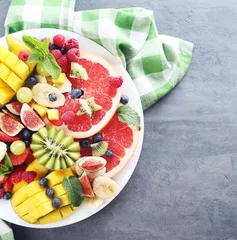
Pumpkin 1 small; about 50 calories
Excipients:

6-8 pieces of winter melon skin;0 kcal

a small amount of sunflower seeds; about 10 kcal
Total calories: 60 calories/person-more calories check check the calories your body needs
Pumpkin and sunflower-Principle of Weight Loss When you control your diet, you are prone to hunger. Eating some foods with low calories and strong satiety at this time can not only suppress appetite, but also help burn fat. Pumpkin belongs to this kind of low-calorie filling food. Coupled with eating sunflower seeds, it can help you lose weight. Of course, melon seeds have relatively high calories, so you can only eat them in moderation.
Pumpkin has low calories and contains ingredients that lower blood sugar and promote insulin secretion, helping to lose weight. At the same time, pumpkin is rich in dietary fiber, which not only has a strong feeling of satiety, promotes digestion, and has the effect of relaxing the intestines and relaxing the bowels. Pumpkin also contains unsaturated fatty acids, which can diuretic and help lose weight.
Pumpkin and sunflower-making steps
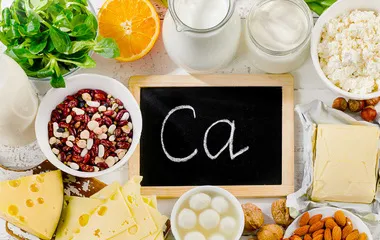
1 Preparing materials
Prepare 1 pumpkin, wash it, peel it; a little sunflower seeds; 6-8 pieces of winter melon skin.
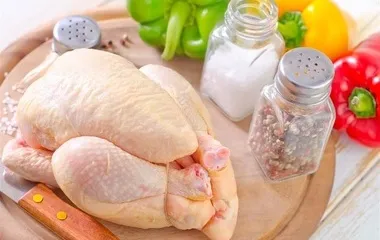
2 Cut wax gourd skin
Cut the winter melon skin into the shape of leaves, use a knife to scrape off the dark green outer skin on the outer side of the winter melon skin, exposing the white part inside, forming a leaf pattern.
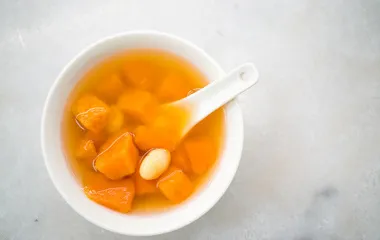
3 slices of pumpkin
Cut the pumpkin in half. Cut half into 12-14 small triangles; divide the other half into a circle, carve a mesh pattern, and use it as a sunflower disc, with the small triangles placed around.
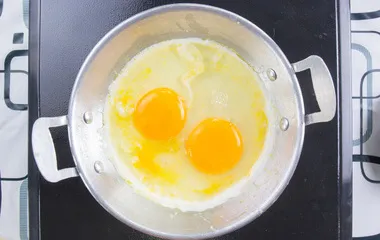
4 Steamed pumpkin
Sit in a pot and boil water, and steam the "sunflower" on the plate over water for 15 minutes.
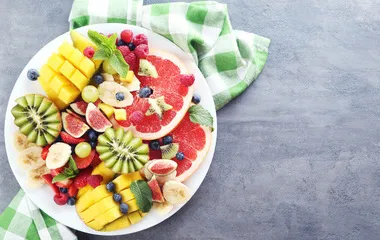
5 Serve the pan and set the plate
Place the textured leaf-like wax gourd skin under the steamed pumpkin to serve as a foil for green leaves, and insert the sunflower seeds in the center of the disc. A delicious pumpkin and sunflower is ready.
Share it on my Weibo
Nutrition expert comments

Feng Haibo, deputy secretary-general of China Dietitian Association and deputy director of Ganlin Nutrition College, pumpkin sunflower is a refreshing and refreshing three-refreshing dish. The light natural sweetness is combined with the fragrance of sunflower seeds. If you close your eyes, you will have endless aftertaste.
Don't eat too much sunflower seeds
Feng Haibo: Pumpkin is rich in crude fiber and mineral zinc, and vitamin B family. It can relieve the bowels and assist energy metabolism. Sunflower seeds are rich in fatty acids and vitamin E, which can help regulate endocrine, but the carbohydrates are slightly high, so those who want to lose weight should not swallow them for themselves.>> See more ways to lose weight